1. All in the Family – “Archie Is Branded”
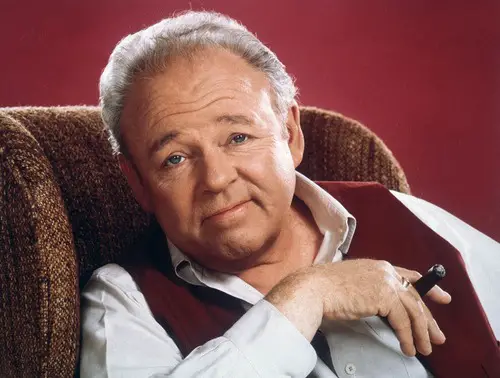
Archie Bunker was never shy about saying what was on his mind, and in this episode he finds a swastika painted on his door. The storyline was meant to shed light on hate crimes and bigotry, but today, showing such imagery would raise red flags about how it’s portrayed and who it affects. The casual way the neighbors talk about the vandalism would also feel out of place in our current climate.
Back then, Norman Lear’s point was to show the ugly side of prejudice in order to spark conversations. But in a modern context, audiences would question if the episode handled trauma responsibly or if it unintentionally minimized the seriousness of antisemitic violence. It’s a reminder of how much sensitivity has shifted over time.
2. Friends – “The One with Chandler in a Box”
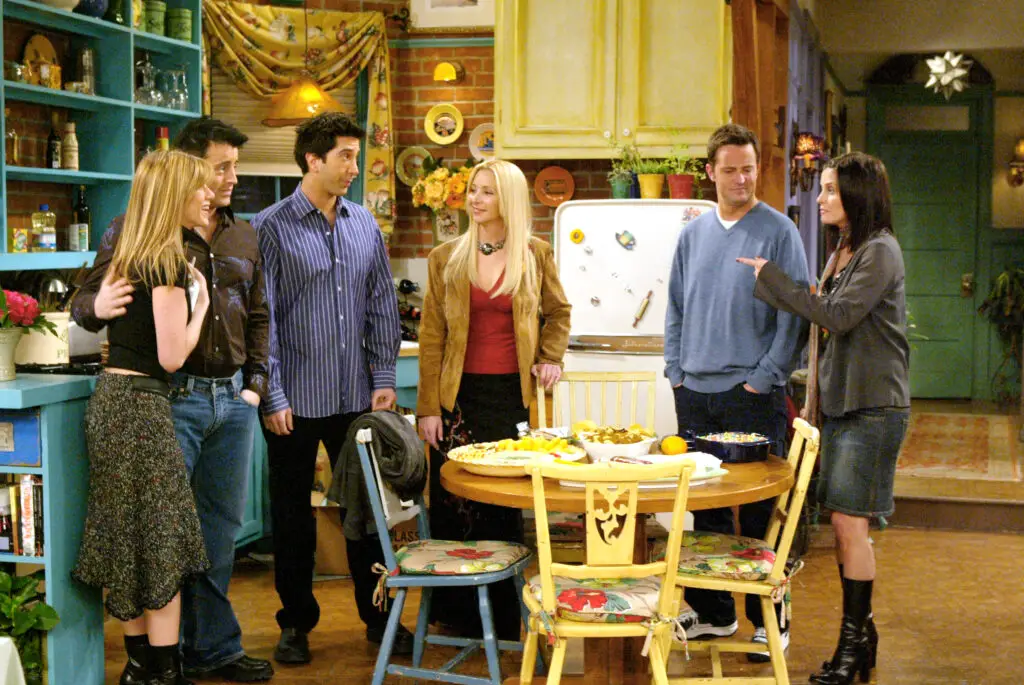
This Thanksgiving favorite has a subplot where Chandler spends hours inside a box to win Joey’s forgiveness. While that’s silly but harmless, the other storyline involving Monica dating her ex-boyfriend’s son would be frowned upon today. The age gap and the humor surrounding it don’t play well in a culture more aware of power imbalances.
At the time, it was treated as cheeky comedy, with no real consequences. Now, it would likely generate think pieces about inappropriate relationships and whether it’s responsible to joke about them. What once got laughs would probably cause a lot more debate today.
3. Diff’rent Strokes – “The Bicycle Man”
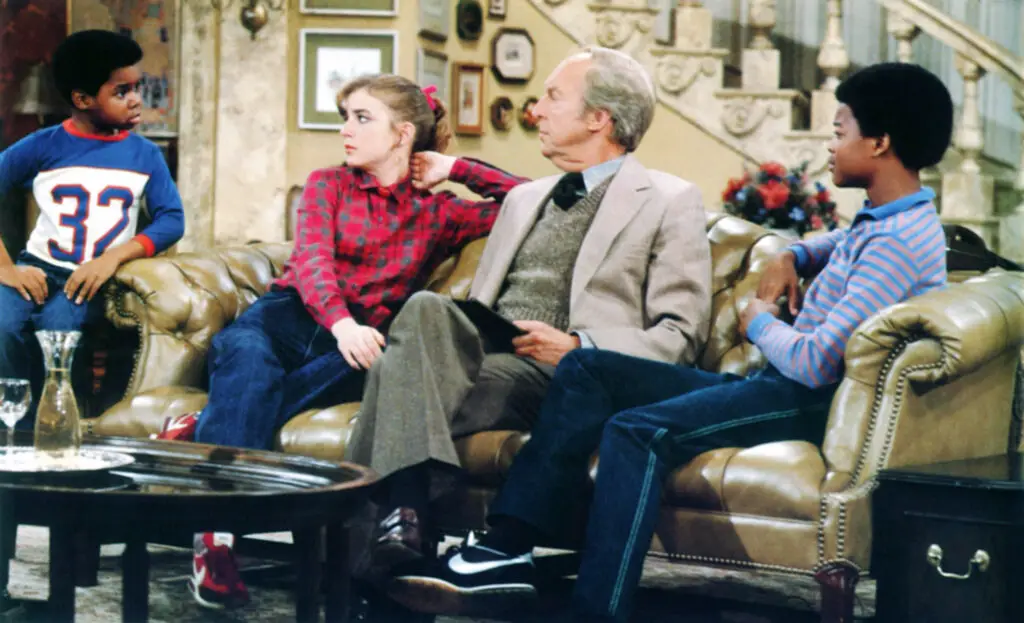
This two-part episode tackled child molestation head-on, with a bicycle shop owner trying to lure Arnold and Dudley. In the early ’80s, it was considered groundbreaking to even address the topic on primetime TV. But the way it was presented, with jokes sprinkled in and a laugh track at times, would feel deeply unsettling if aired today.
Modern audiences expect more careful handling of such subject matter. While the intention was to warn kids, the execution now comes off as tone-deaf. It’s a striking example of how the boundaries of “very special episodes” have changed.
4. Seinfeld – “The Outing”
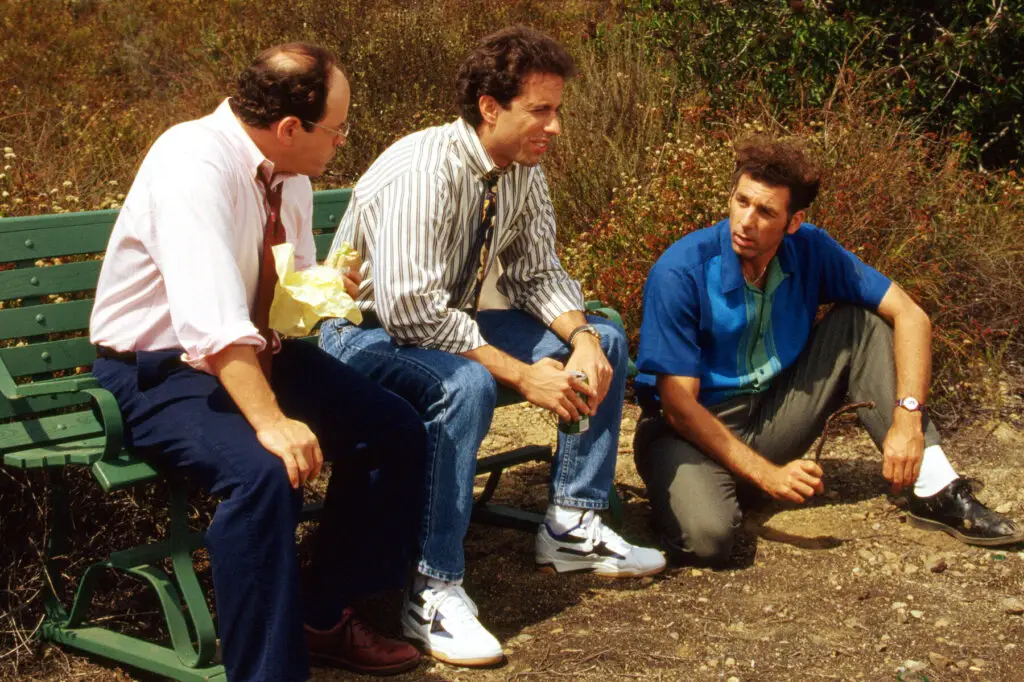
The entire joke of this episode is based on people mistakenly thinking Jerry and George are a couple. Although it ends with the famous line “not that there’s anything wrong with that,” the humor is still rooted in gay panic. Today, this storyline would feel lazy and offensive.
Back in the ’90s, it was considered progressive just to acknowledge the idea without outright mocking it. But standards have shifted, and the episode would probably be seen as punching down. It’s one of those examples where intent and reception have aged very differently.
5. The Brady Bunch – “Law and Disorder”
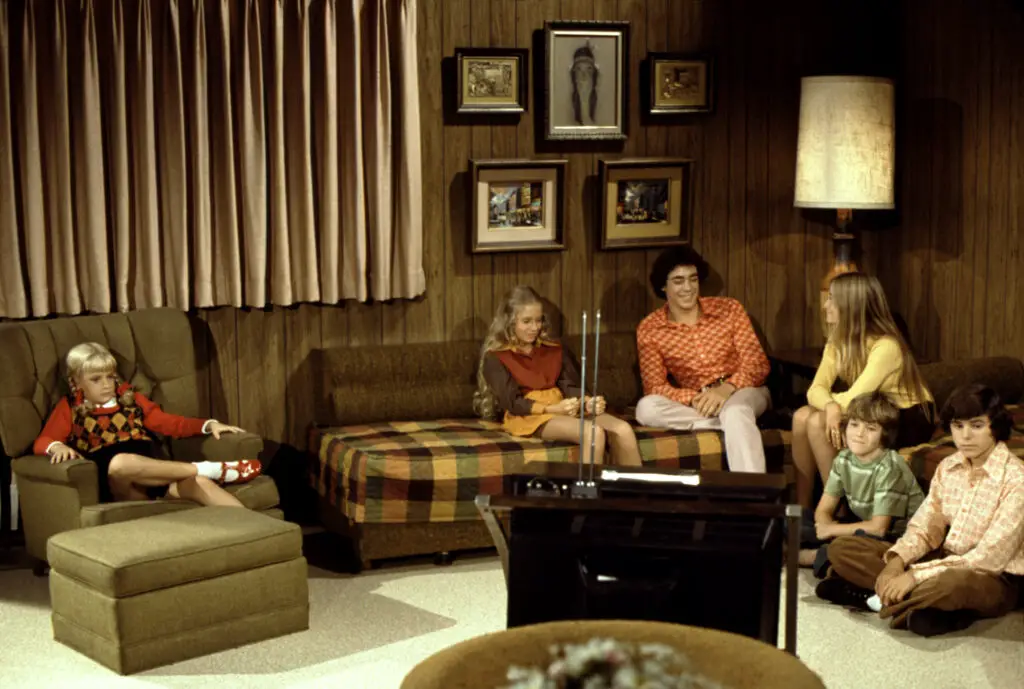
In this one, Bobby Brady tries to enforce the rules at home after being inspired by his role as safety monitor at school. The episode is lighthearted, but it includes casual jokes about tattling, punishment, and “being a rat” that would hit differently now. The dynamic between kids and authority is viewed more critically today.
While no one meant harm at the time, modern viewers would likely see undertones about surveillance and blind loyalty to rules. What was once an innocent family lesson might now spark debates about how kids are taught to handle conflict and fairness.
6. Married… with Children – “Her Cups Runneth Over”
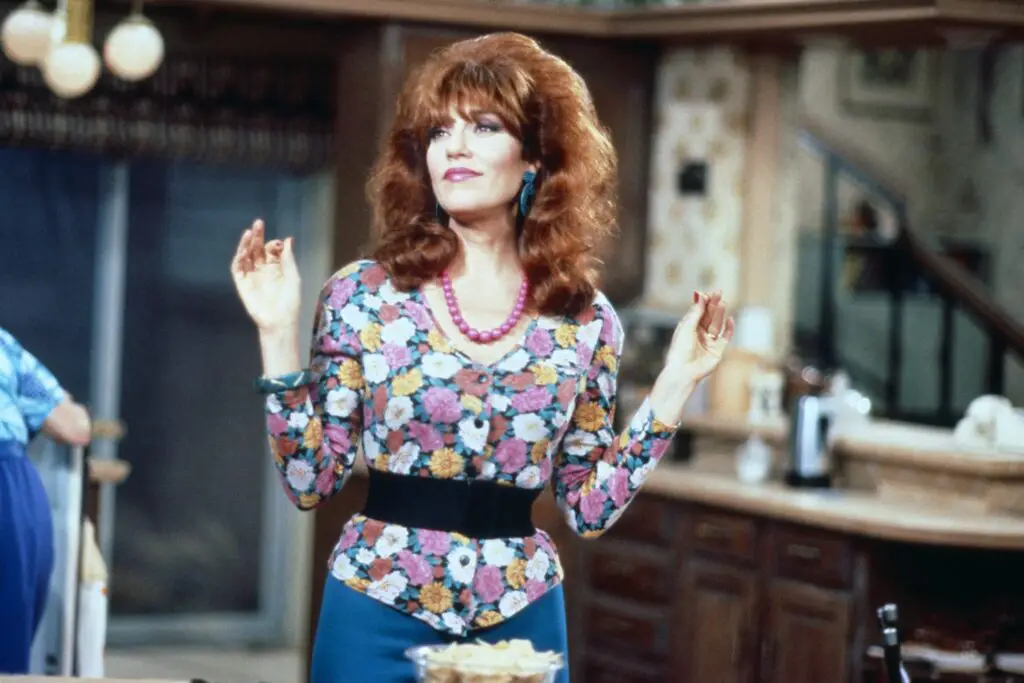
Al and Steve go lingerie shopping to find Peg a discontinued bra, and the episode leans heavily on jokes about women’s bodies. The entire plot treats women’s underwear as comedy fodder, with plenty of sleazy humor thrown in. In today’s climate, it would be called out for objectification and sexism.
When it aired, though, this was exactly the kind of humor that made the show both loved and hated. Al Bundy’s antics were always over the top, but the normalization of his attitude toward women would draw heavy criticism now. What was once edgy would now be seen as outdated.
7. Happy Days – “Richie Almost Dies”
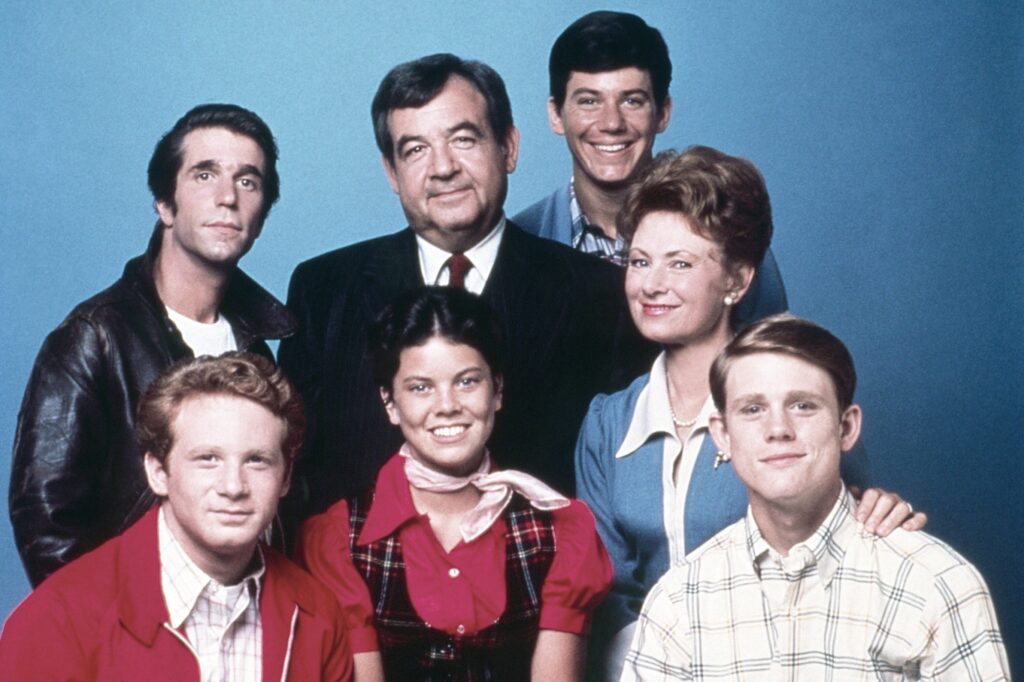
Richie gets badly injured in a motorcycle crash, and Fonzie struggles with guilt. While it’s a dramatic episode, the show also sprinkles in humor and resolves the trauma quickly. Today, critics would say it glosses over the seriousness of life-threatening accidents.
The episode’s attempt at balancing comedy and tragedy was common at the time, but modern audiences might feel the whiplash. With more awareness of mental health and recovery, viewers would want to see the emotional weight handled differently.
8. Family Ties – “Say Uncle”
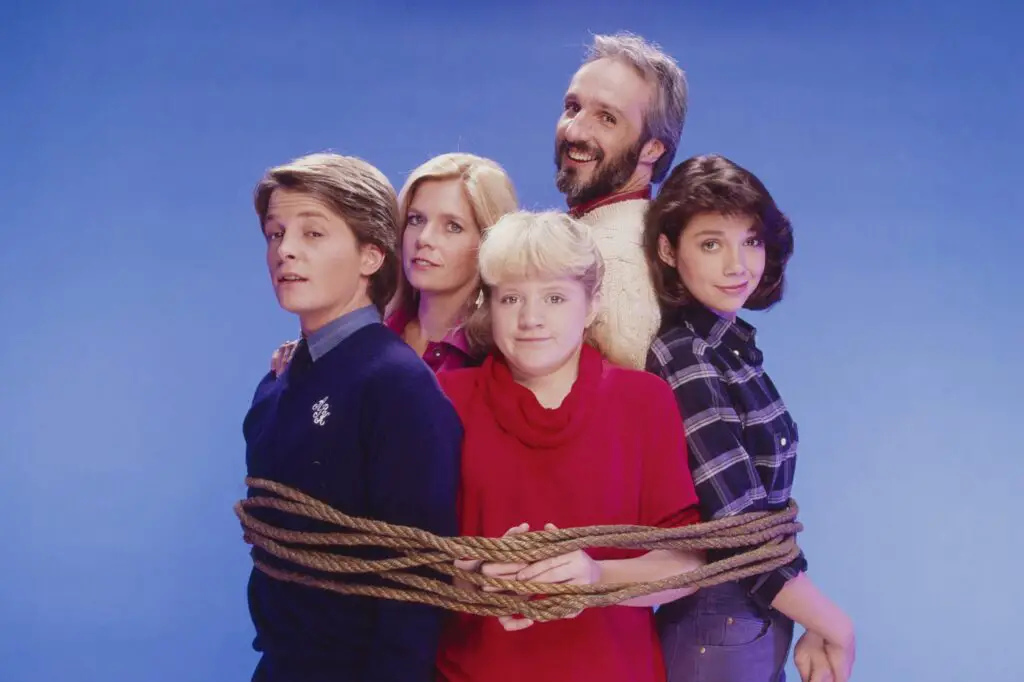
Tom Hanks guest stars as Uncle Ned, who shows up drunk and ends up striking Alex. While the episode highlights alcoholism, the laugh track undermines the seriousness of the subject. Today, any hint of humor mixed into child abuse would be considered highly inappropriate.
In the ’80s, it was praised for taking on a taboo topic. But looking back, the treatment of such a dark issue feels uneven. Modern shows would likely strip away the canned laughter and deliver it as a pure drama instead.
9. The Jeffersons – “Lionel the Playboy”
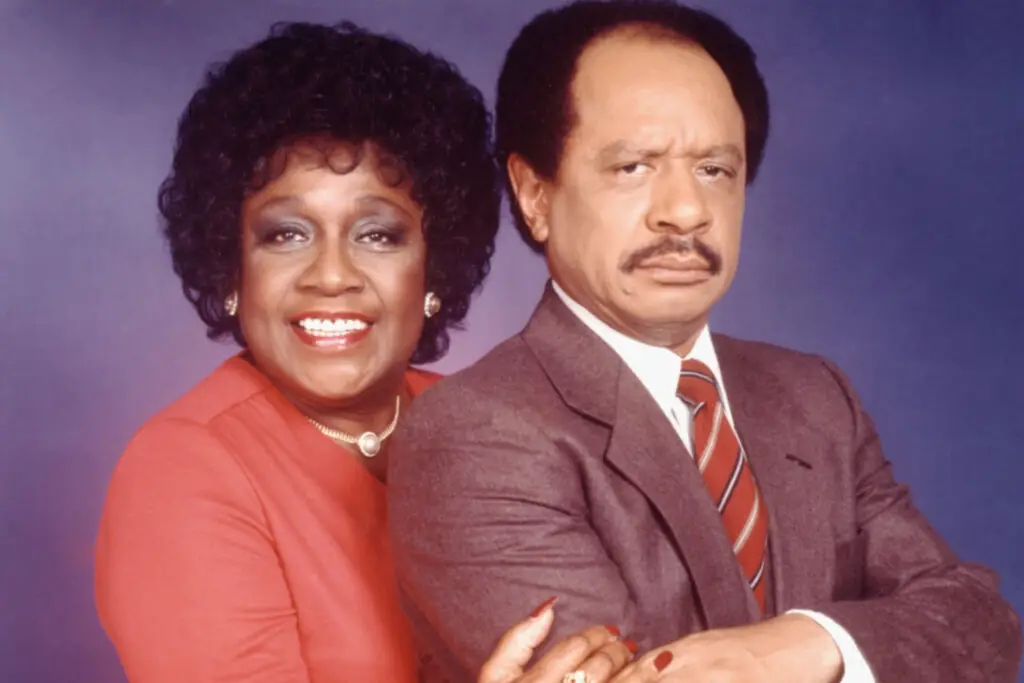
In this storyline, Lionel adopts a player lifestyle that involves casually dating multiple women. The humor relies on stereotypes and dismissive attitudes toward women’s feelings. Today, that would come across as dismissive of consent and respect in relationships.
Back then, it was simply seen as a young man going through a phase. But modern audiences would find it problematic to treat the women as mere punchlines. It shows how relationship norms on TV have shifted over the decades.
10. The Cosby Show – “Theo’s Holiday”
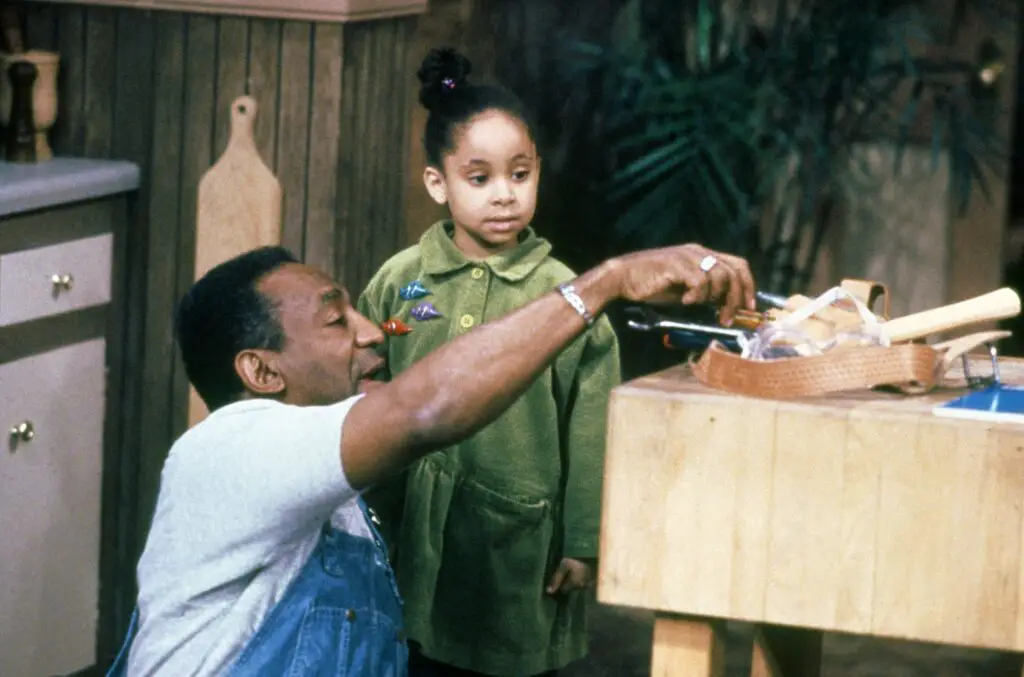
Cliff and Clair stage a mock rent-and-bills scenario to teach Theo about responsibility. While the lesson itself seems harmless, the episode’s reputation has changed drastically due to Bill Cosby’s real-life crimes. Any rerun now carries a shadow that can’t be separated from the content.
This is less about the writing itself and more about the actor at the center. Still, it’s an example of how cultural context changes how we view older episodes. What once felt like wholesome family TV is now unwatchable for many.
11. M*A*S*H – “The Sniper”
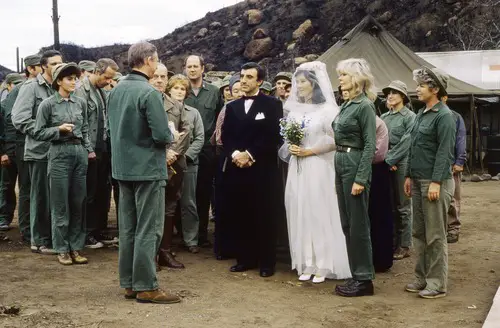
During this episode, a sniper targets the camp, and the doctors still manage to crack jokes while people are under fire. Today, the blending of comedy with active violence would likely feel inappropriate. The humor sometimes minimizes the reality of war trauma.
When it first aired, the show was praised for mixing comedy and serious commentary. But modern viewers would expect a more respectful balance, especially given what we now know about PTSD. It highlights how depictions of war on TV have changed over time.
12. Three’s Company – “Two Flew Over the Cuckoo’s Nest”
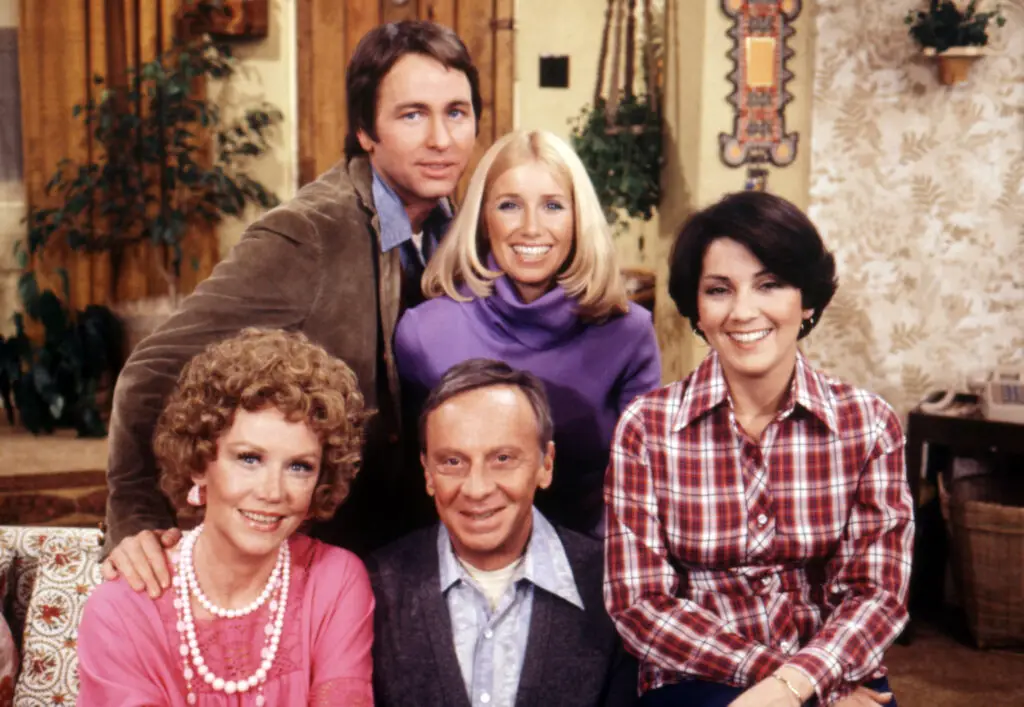
Jack pretends to be mentally ill to avoid getting kicked out of his apartment. The plot leans on outdated stereotypes about mental health facilities and patients. Today, this type of humor would be criticized for stigmatizing mental illness.
In the late ’70s, it was just another wacky misunderstanding in a farcical sitcom. But current audiences are much more aware of the harm caused by such portrayals. It’s one of those episodes that shows its age in an uncomfortable way.
13. The Fresh Prince of Bel-Air – “Mistaken Identity”
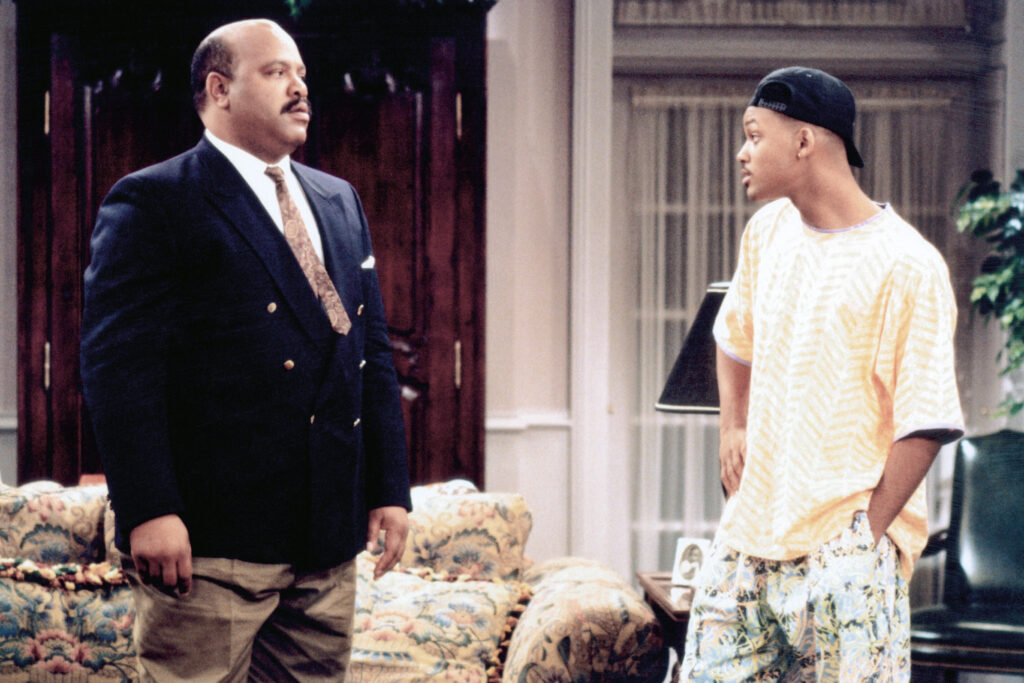
Will and Carlton get pulled over and arrested for “stealing” a car that actually belongs to Uncle Phil. The episode tries to tackle racial profiling, but the laugh track interrupts serious moments. Today, audiences might find the comedic framing inappropriate for such a heavy subject.
At the same time, it was groundbreaking for a mainstream sitcom to even talk about systemic racism. Still, the execution would likely be rethought if it were produced today. Modern shows tend to approach such topics with a more serious tone.
14. Roseanne – “Don’t Make Me Over”
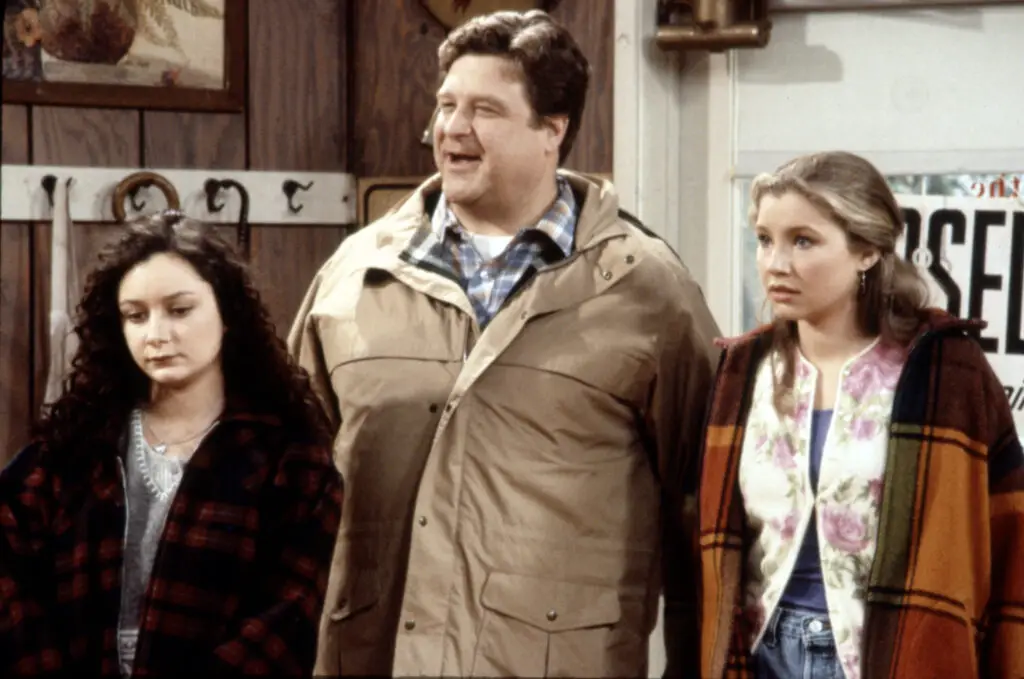
Darlene gives Becky a makeover, and the jokes center on appearance and fitting into traditional beauty standards. Watching it now, it feels outdated to laugh at a teenager’s looks or her discomfort with being sexualized. Audiences today would call out the episode for reinforcing toxic messages about beauty.
In the early ’90s, it was played as a relatable sibling rivalry and a family gag. But in hindsight, it points to how sitcoms once normalized putting girls in boxes. It’s a small moment that speaks volumes about how far we’ve come in addressing body image and self-esteem.
15. Good Times – “The Big Move”
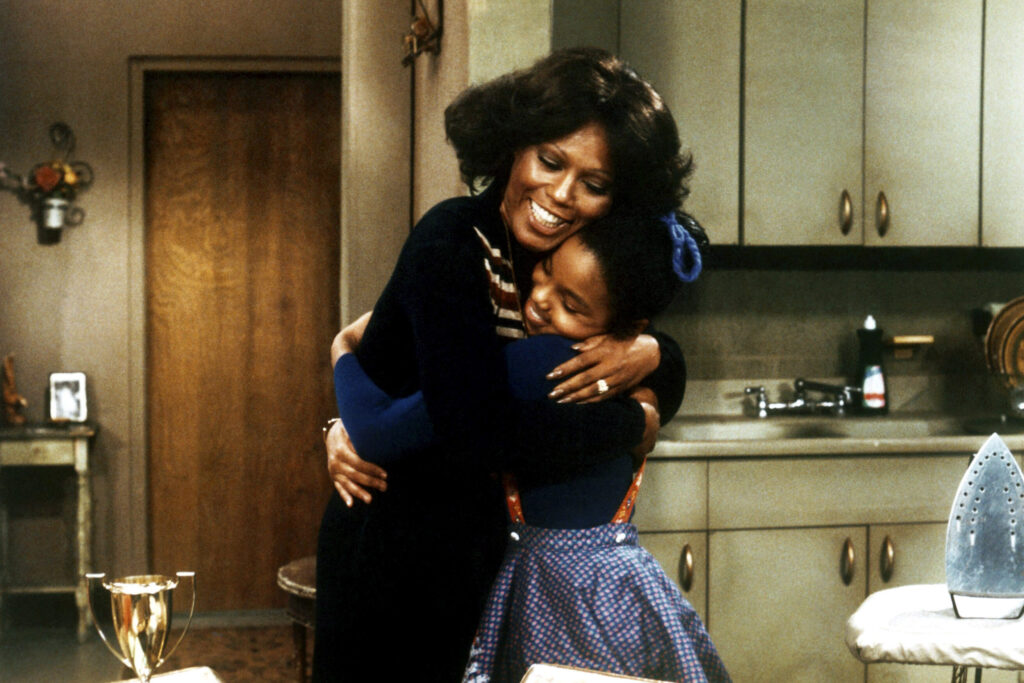
In this emotional finale, Florida Evans prepares to move on after years of struggles in the Chicago projects. While the show often highlighted the realities of poverty, this episode treats the family’s hardships with a quick wrap-up that glosses over systemic issues. Today, critics would point out how the story leans into stereotypes about Black families “escaping” hardship rather than addressing deeper societal problems.
Back in the ’70s, the episode was praised for giving Florida a hopeful ending. But in a modern context, it feels oversimplified and almost dismissive of the realities it once set out to portray. Viewers today would likely call for a more nuanced exploration of what leaving poverty behind really looks like.
16. Gilligan’s Island – “The Friendly Physician”
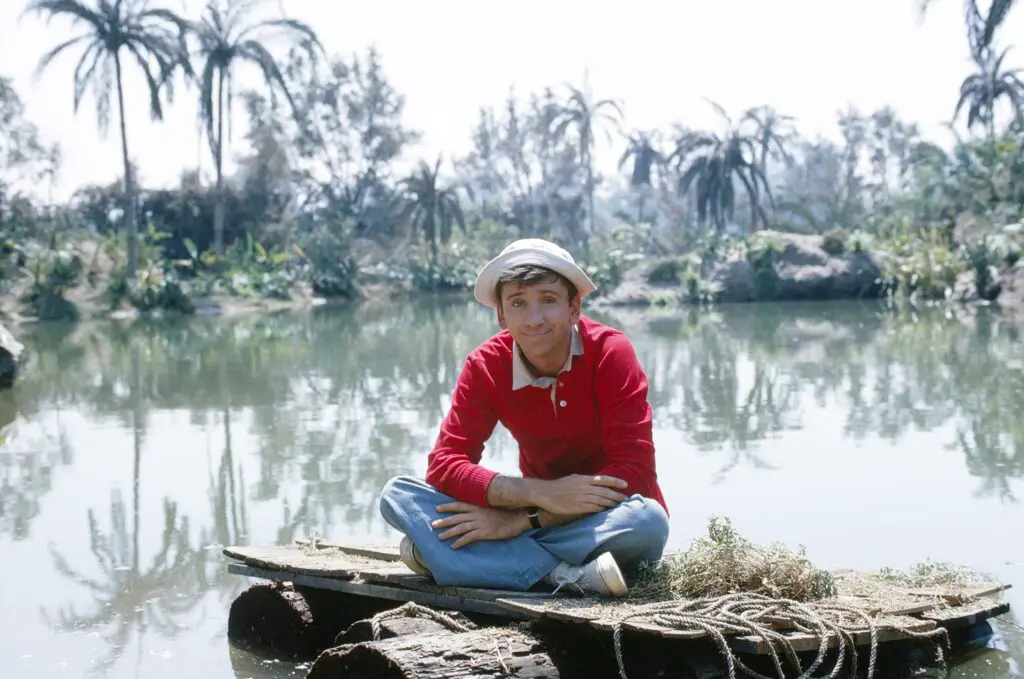
This episode features a mad scientist who switches the castaways’ minds into each other’s bodies. The humor leans on outdated gender stereotypes, especially when male characters find themselves in female bodies and the jokes immediately turn to appearances and “acting feminine.” Today, this would be seen as mocking gender identity and reinforcing harmful tropes.
In the 1960s, it was just another zany storyline in a show built on slapstick and absurdity. But now, audiences would likely find it insensitive in the way it treats gender and identity as punchlines. What was once silly fun now plays very differently.
17. Saved by the Bell – “Jessie’s Song”
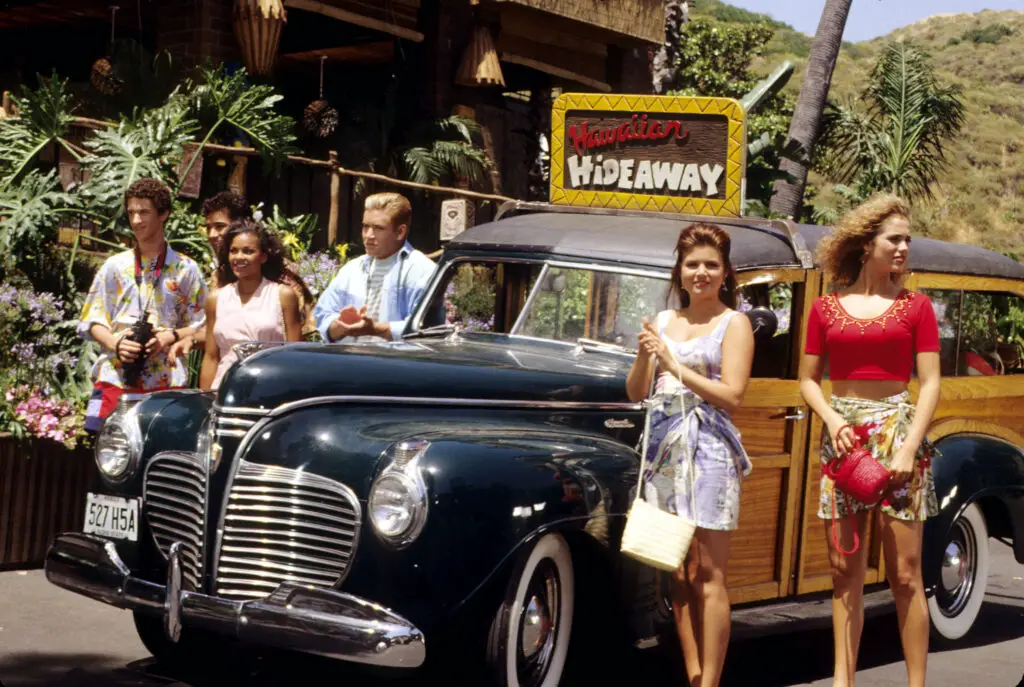
This infamous episode shows Jessie Spano taking caffeine pills to keep up with her busy schedule. The over-the-top “I’m so excited!” breakdown is remembered as campy, but the way the show handles substance abuse feels superficial now. Today, many would argue that a serious topic like addiction shouldn’t be played for melodrama.
At the time, though, it was considered daring for a Saturday morning teen sitcom to even attempt tackling drug use. Still, modern audiences expect more depth and sensitivity when dealing with mental health and addiction. The episode is iconic, but it hasn’t aged well.
18. The Honeymooners – “Bang, Zoom to the Moon”
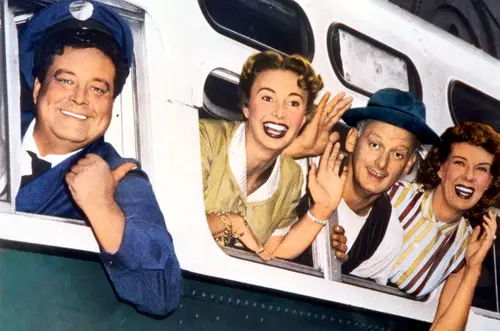
Ralph Kramden’s famous catchphrase about sending Alice “to the moon” is played for laughs throughout the series, but in this episode, the joke takes center stage. The humor comes from Ralph’s repeated threats of domestic violence, which were accepted as harmless bluster in the 1950s. Today, those lines would never fly on television.
Audiences back then saw Ralph and Alice’s banter as exaggerated comedy, not something to take literally. But in the modern lens, even joking about hitting a spouse feels disturbing. What was once considered lighthearted marital squabbling would now be seen as completely inappropriate.
